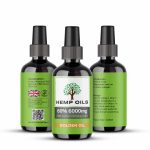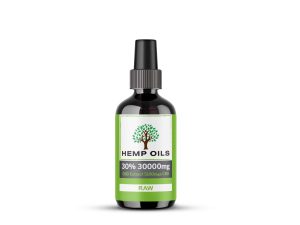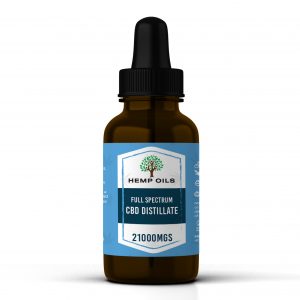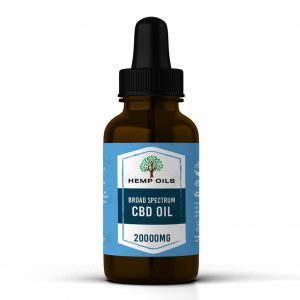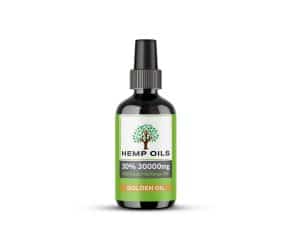Hemp oil has gained popularity in recent years for its numerous health benefits and versatility. Derived from the seeds of the hemp plant, this oil is rich in essential fatty acids, vitamins, and minerals. Understanding the source of hemp oil, the extraction process, and the different types available can help us make informed decisions about its use and benefits.
===What is Hemp Oil?
Hemp oil, also known as hemp seed oil, is a healthy and nutritious oil that is extracted from the seeds of the hemp plant (Cannabis sativa). Unlike CBD oil, which is derived from the flowers and leaves of the hemp plant, hemp oil is made solely from the seeds. It is important to note that hemp oil does not contain THC, the psychoactive compound found in marijuana, making it a safe and legal option for consumption.
===The Source of Hemp Oil
Hemp oil is sourced from the hemp plant, a variety of Cannabis sativa that is specifically cultivated for industrial purposes. The hemp plant grows tall and has long, fibrous stalks, which are rich in cellulose and used in various industries such as textiles and construction. The seeds of the hemp plant are also a valuable resource, as they contain oil that can be extracted and used for various purposes, including culinary, medicinal, and skincare applications.
===Extraction Process of Hemp Oil
The extraction of hemp oil involves a mechanical pressing method, similar to how olive oil is extracted. After the seeds are harvested from the hemp plant, they undergo a process called cold-pressing. This method involves grinding the seeds into a paste and applying pressure to extract the oil. The cold-pressing technique ensures that the oil retains its natural properties, including its nutritional value and distinct nutty flavor. The resulting oil is unrefined and can be further processed to remove any impurities.
===Different Types of Hemp Oil
There are different types of hemp oil available, each with its own unique characteristics and uses. Unrefined hemp oil, also known as virgin or raw hemp oil, is extracted using the cold-press method and is rich in vitamins, minerals, and antioxidants. It has a vibrant green color and a nutty flavor, making it ideal for use in salad dressings, dips, and smoothies.
On the other hand, refined hemp oil is processed further to remove any impurities and has a lighter color and milder flavor. Refined hemp oil lacks some of the natural nutrients found in unrefined hemp oil, but it has a higher smoke point, making it suitable for cooking at higher temperatures.
CBD-infused hemp oil is another type that has gained popularity due to its potential health benefits. It contains cannabidiol (CBD), a non-psychoactive compound found in the hemp plant, which is believed to have various therapeutic effects. CBD-infused hemp oil is often used as a dietary supplement or in topical products for skincare.
Understanding the origins of hemp oil, the extraction process, and the different types available allows us to appreciate its versatility and potential benefits. Whether consumed for its nutritional value, used in cooking, or applied topically, hemp oil offers a range of options for those seeking a natural and healthy addition to their lifestyle. With its rich composition of essential fatty acids, vitamins, and minerals, hemp oil continues to be a popular choice for individuals looking to enhance their well-being.
